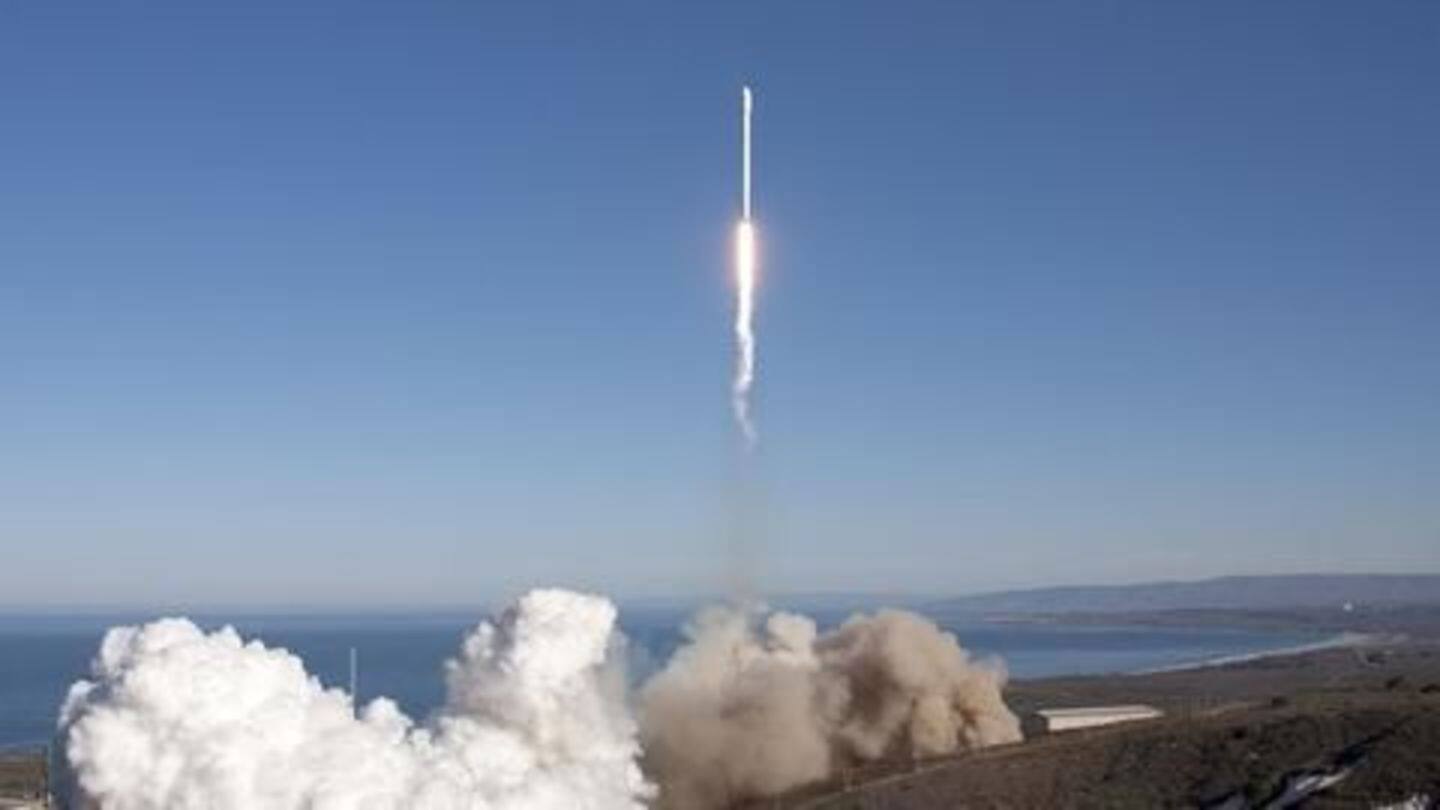
Iran tests naval ballistic missile
What's the story
In a move that has alarmed leaders in Washington, Iran's Revolutionary Guard Corps successfully tested a naval missile called the Hormuz 2, which can allegedly destroy moving targets at sea at ranges up to 300 km. US warships operate in the waters off Iran and have faced off with Iran's navy several times. The move is likely to escalate tensions in the region.
US-Iran
US-Iran relations: Divergences
The United States and Iran have had troubled diplomatic relations since the 1979 Islamic Revolution. Currently there are four primary areas of contention between Iran and the US: US perceptions of Iran's nuclear programme, US perceptions of Iran's support to terrorism, Iran's perceived role in the Israel-Palestine conflict and the regional peace process and alleged human rights abuses in Iran.
Information
Iran outraged at travel ban
Iranian officials were outraged at being included in the US travel ban. Iran's foreign ministry called it "an obvious insult to the Islamic world" that "will be recorded in history as a big gift to extremists." Iran vowed to impose reciprocal measures through diplomatic actions.
03 Feb 2017
Fresh sanctions against Iran
In response to Iran's January ballistic missile test, the US treasure department imposed unilateral sanctions on 25 individuals and entities connected to Iran's Islamic Revolutionary Guard Corps' Qods Force and Aerospace Division. Iran slammed the sanctions calling them illegal, saying the sanctions were in violation of the nuclear agreement. However the new sanctions do not impede upon conditions in the nuclear deal.
Relations
Recent examples of deteriorating relations
On January 29, Iran conducted a ballistic missile test. The US imposed sanctions on Iran on February 3. In retaliation, Iran conducted massive military and war-time drills the very next day, in a show of strength. Most recently, Iranian attack vessels forced a US surveillance ship to change course in the Strait of Hormuz on 6 March.
Hormuz
The Strait of Hormuz
The Strait of Hormuz is the only passage for all sea trade from Saudi Arabia, UAE, Qatar Bahrain, Iraq and Kuwait to the open waters of the Arabian Sea. Iran is strategically positioned at the north border of the strait. 35% of the world's seaborne oil shipments pass through this region. It is one of the world's most strategically important choke points
Information
Iran's ability to choke Hormuz strait
Iran's sour relations with Saudi Arabia has fomented severe mistrust in Riyadh. A US study indicated that if Iran chose to, it could block all traffic through the strait for over a month. US forces acknowledge this strategic disadvantage they have against Iran.